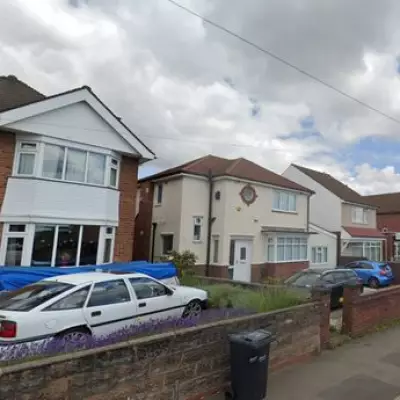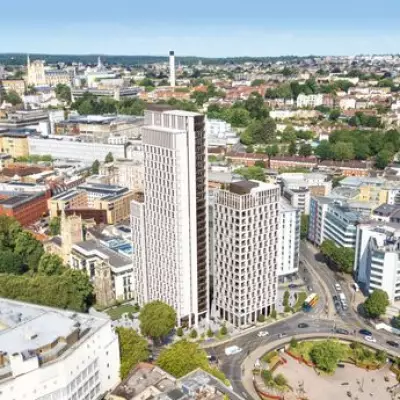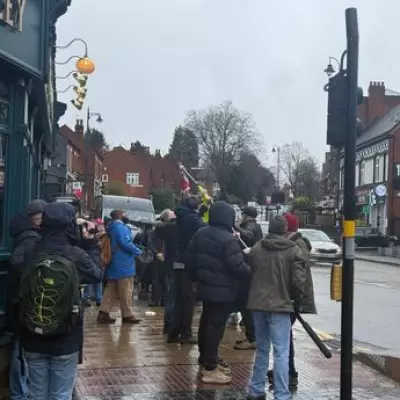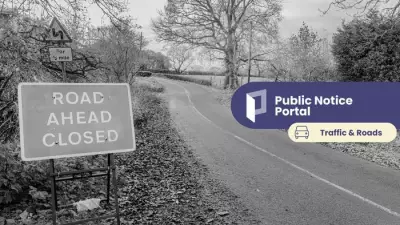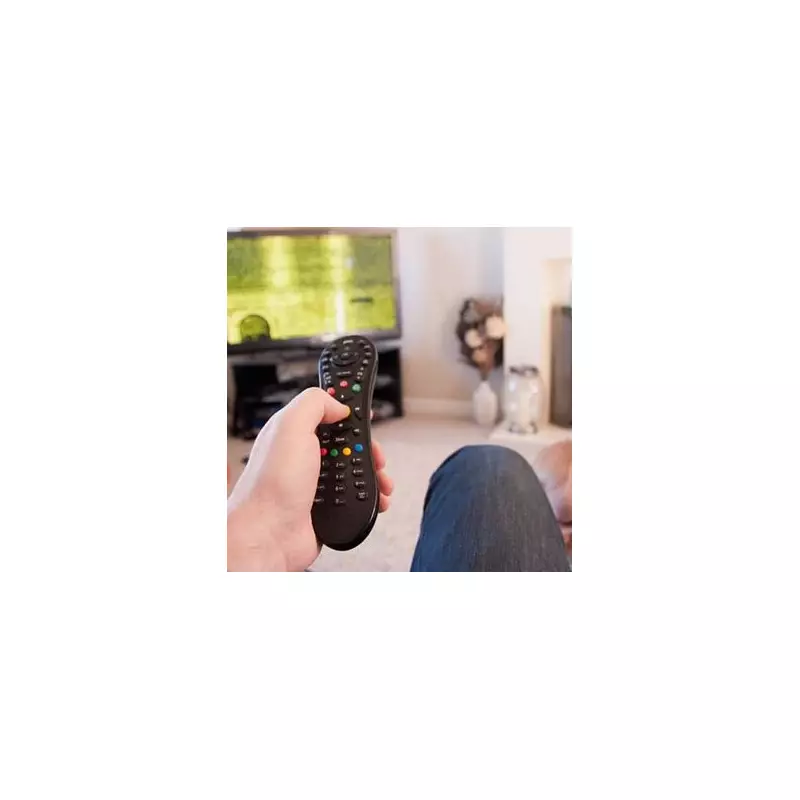
TV Licensing has launched a significant new enforcement initiative targeting millions of UK households believed to be watching live television without a valid licence. The organisation has begun dispatching a fresh wave of warning letters to addresses across the country in what represents one of its most comprehensive compliance drives in recent years.
What the New Enforcement Letters Mean
The newly issued correspondence serves as an official notification that TV Licensing's records indicate the property may be receiving live television broadcasts or using BBC iPlayer without the required £159 annual licence. Households receiving these letters are being given a strict deadline to either purchase a licence or demonstrate they don't require one.
"Our records indicate you need a TV Licence" forms the stark opening of these communications, which outline the legal requirements and potential consequences of non-compliance.
The Stakes: Understanding the Financial Risks
Failure to respond to these warning letters could have serious financial implications:
- Fines of up to £1,000 plus legal costs if found watching TV illegally
- Potential court appearances and criminal records
- Additional enforcement visits from TV Licensing officers
Who Actually Needs a TV Licence?
Many households remain confused about the licensing requirements. You must have a TV licence if you:
- Watch or record live television on any channel
- Download or watch BBC programmes on iPlayer
- Use any device including TVs, computers, tablets or mobile phones
Important note: The requirement applies regardless of which broadcaster you're watching or what device you're using.
How to Respond to TV Licensing Letters
If you receive one of these communications, you have several options:
- Purchase a licence immediately if you need one
- Declare you don't need a licence through the official TV Licensing website
- Update your details if you've recently moved or circumstances have changed
TV Licensing emphasises that declaring you don't need a licence is a simple online process that typically stops further correspondence for two years.
Enforcement Technology and Methods
TV Licensing employs sophisticated detection methods to identify unlicensed properties, including:
- Database cross-referencing with other official records
- Detection technology that can identify television receiver use
- Regular patrols by enforcement officers
- Anonymous reporting from members of the public
The current campaign represents a significant ramp-up in these enforcement activities, with particular focus on areas showing high concentrations of unlicensed properties.
Staying Compliant: Your Next Steps
With enforcement activities increasing, households are advised to:
- Check whether your current living situation requires a TV licence
- Ensure any existing licence covers your correct address
- Respond promptly to any official communications
- Seek clarification from TV Licensing if uncertain about requirements
The message from TV Licensing is clear: compliance is not optional, and the organisation is intensifying its efforts to ensure every household meeting the criteria pays the required fee.

